detail profile stanislav neumann
Peran Yang Di Mainkan Stanislav Neumann
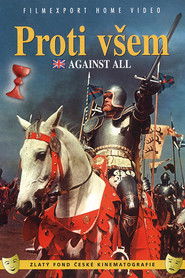 After the battle of Sudom the...
After the battle of Sudom the...Against All 1957
After the battle of Sudoměř the Hussite teaching spreads through the whole country and people start leaving their homes to help build the fortification of Tábor. Prague citizens request help against the army of Zikmund. The Hussite army with Jan Žižka in the lead make their way towards Prague. They fortify themselves on the mountain Vítkov and engage in a bloody battle with Zikmund’s huge army.
 Goodnatured and garrulous Schweik becomes the...
Goodnatured and garrulous Schweik becomes the...The Good Soldier Švejk 1957
Good-natured and garrulous, Schweik becomes the Austrian army's most loyal Czech soldier when he is called up on the outbreak of World War I -- although his bumbling attempts to get to the front serve only to prevent him from reaching it. Playing cards and getting drunk, he uses all his cunning and genial subterfuge to deal with the police, clergy, and officers who chivy him toward battle.
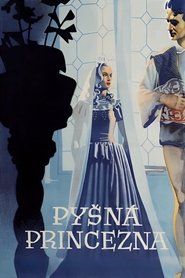 Its very human and nice story...
Its very human and nice story...The Proud Princess 1952
It's very human and nice story about lofty princess (her father is amiable but incapable - unforgettable performance of S. Neumann) and good, nice, kind and well-principled young king (prince) who tries to make tender her calm heart to get married with her. After being refused (she's very capricious), he conclude to make her better. He start to work as a gardener at her castle (in secret) and successively bring she to her senses...The story continues when already reformed princess and the young king (she learn about his real identity later) have to take refuge from troops, that princess father (old king) has sent (of course he took a bad and mean counsellors advice). They have to take shelter by several ordinary and poor families, which are always very friendly and give them a help... Of course the tale has happy end.
 In late 19th century Czechspeaking Bohemia...
In late 19th century Czechspeaking Bohemia...The Strike 1947
In late 19th century Czech-speaking Bohemia, oppressed workers at German-owned mines and foundries revolt against their harsh working conditions. Made shortly after World War II as Czechoslovakia was falling to communism, the film resonates in Czech resentment of the German occupation.
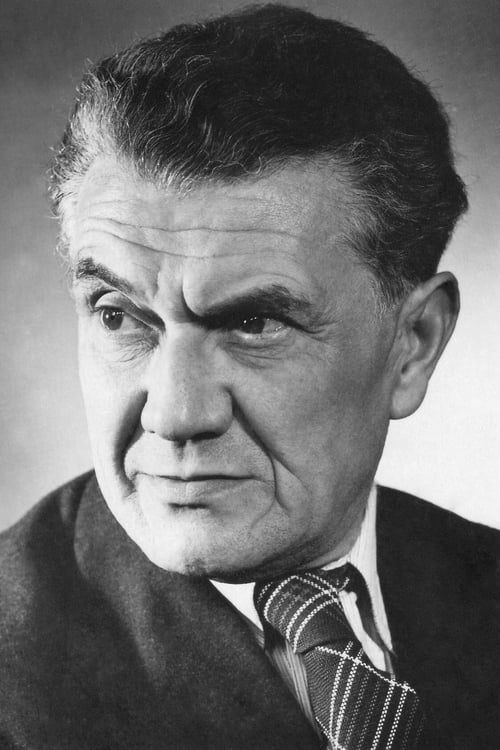
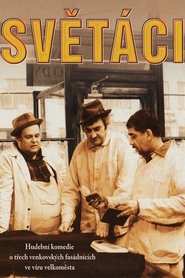
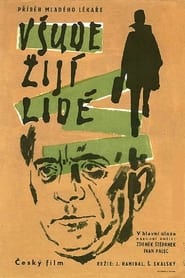
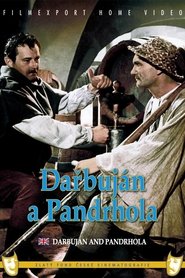
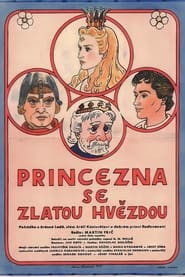 A Czech fairy tale about a...
A Czech fairy tale about a...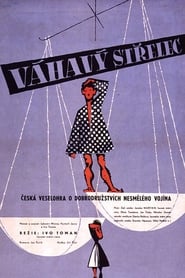
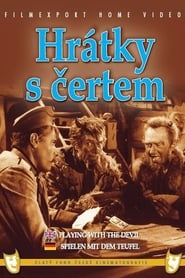
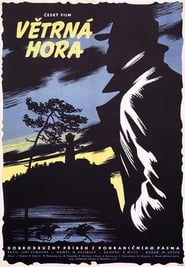
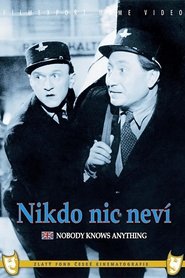
 Shown in Cannes 1946
Shown in Cannes 1946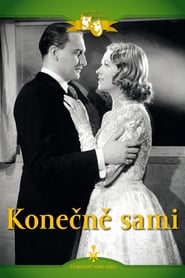
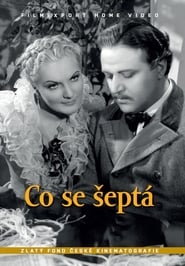
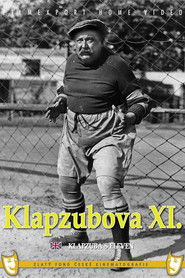
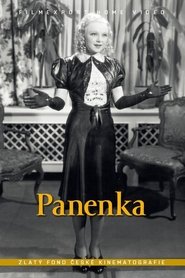
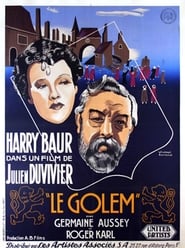 The Golem a giant creature created...
The Golem a giant creature created...